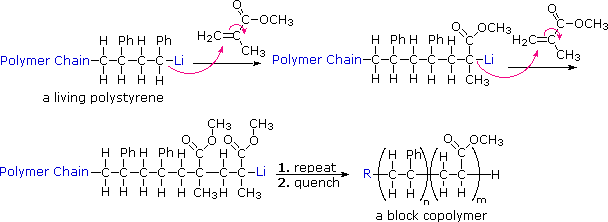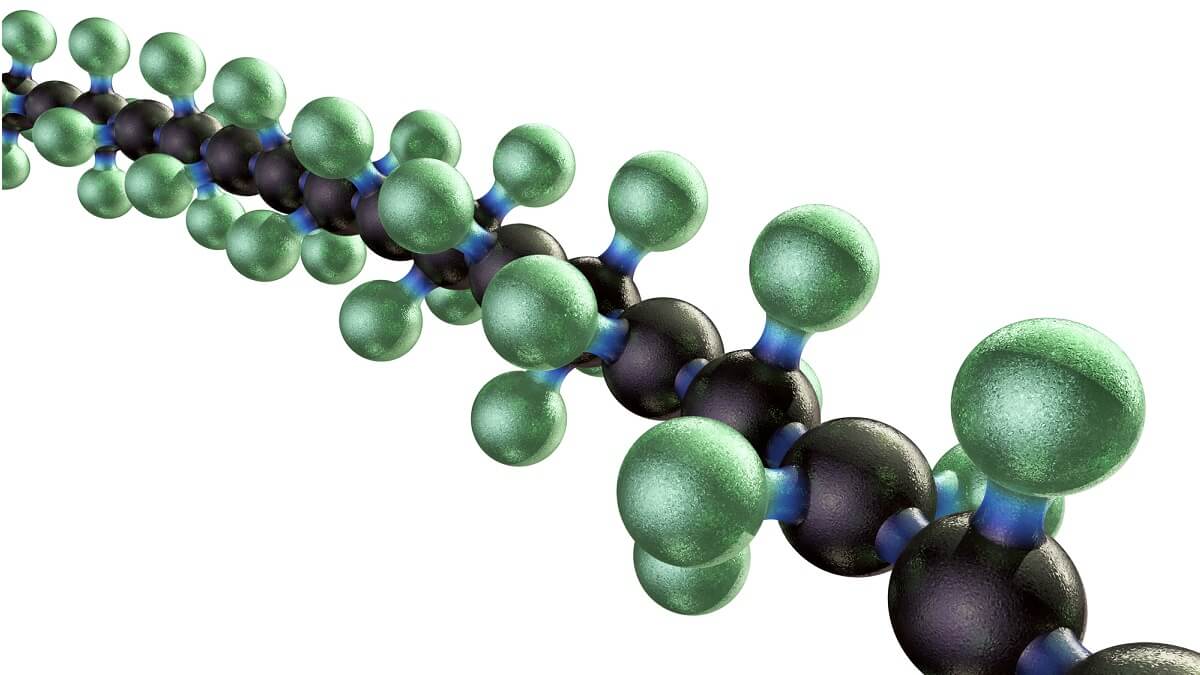Top Uses Polymers: Enhancing Everyday Products
Top Uses Polymers: Enhancing Everyday Products
Blog Article
Checking Out the Varied Applications and Benefits of Polymers in Different Industries
Polymers, with their diverse variety of residential or commercial properties and performances, have actually come to be essential in numerous sectors, each gaining one-of-a-kind take advantage of their application. Polymers. From boosting safety and security and efficiency in the vehicle market to changing clinical gadgets in the health care industry, polymers play an essential duty. Their environment-friendly nature is changing the landscape of sustainability techniques. As we look into the midsts of polymers in electronic devices, we reveal sophisticated innovations, while their architectural stability transforms the world of building and construction and facilities. The prevalent impact of polymers throughout industries is a testimony to their convenience and versatility, shaping the future of many sectors.
Automotive Sector Applications
Polymers play a crucial role in enhancing the performance and longevity of various components within the automobile market. One noticeable usage of polymers in the automotive industry is in the production of light-weight components.

Health Care Market Advantages
In different medical care applications, the benefits of using polymers are commonly identified for their varied array of beneficial residential properties. Polymers play a crucial function in the medical care sector as a result of their adaptability, biocompatibility, and cost-effectiveness. One of the primary advantages of polymers in health care is their capability to be customized to specific demands, such as flexibility, longevity, and biodegradability, making them excellent for a large array of clinical applications.
Polymer-based products are extensively utilized in clinical gadgets, such as catheters, implants, prosthetics, and medication delivery systems, because of their biocompatibility and capability to simulate all-natural tissues. These products can reduce the risk of allergies or rejections, enhancing patient security and end results. In addition, polymers are light-weight, making them suitable for wearable medical gadgets and making certain client convenience.
In addition, polymers allow the development of cutting-edge treatment techniques, such as hydrogels for tissue engineering and nanocomposites for targeted drug distribution. Their ease of handling and sterilization makes them important for keeping high criteria of hygiene in health care settings. In general, the varied benefits of polymers add significantly to improvements in medical innovation and patient care.
Environmental Advantages of Polymers

In addition, polymers can add to energy cost savings because of their light-weight nature. In industries such as transportation, light-weight polymer materials can assist reduce fuel consumption and greenhouse gas discharges. In addition, polymers can make it possible for the development of energy-efficient products such as insulation materials that improve energy conservation in buildings.
Additionally, polymers play a crucial role in decreasing water pollution. For example, the use of polymer-based filtering systems can successfully get rid of toxins and impurities from wastewater, guarding water sources and ecological communities. Generally, the environmental advantages of polymers make them beneficial properties in advertising sustainability and environment-friendly practices throughout numerous industries.
Polymers in Electronics and Innovation
Considering the increasing need for ingenious and sustainable options in contemporary industries, the integration of advanced polymer modern technologies in the world of electronics and modern technology has actually become a crucial technique for driving efficiency and efficiency. Polymers have revolutionized the basics electronic devices industry by making it possible for the production of lighter, much more flexible, and sturdy electronic tools. From mobile phones like it to clinical gadgets, polymers play an important role in enhancing item design and capability.
One significant benefit of polymers in electronics is their protecting residential properties, which help shield delicate electronic parts from environmental aspects and electrical interference. Furthermore, polymers are essential in the advancement of adaptable screens, wearable modern technology, and printed electronics, offering limitless opportunities for creating wise and interconnected tools.
Furthermore, making use of polymers in digital packaging has actually brought about developments in miniaturization and thermal monitoring, boosting the overall performance and dependability of electronic systems. As innovation remains to advance, the flexibility and adaptability of polymers will undoubtedly drive further development in the electronic devices sector, forming the future of modern technology.
Role of Polymers in Construction and Facilities
Polymers offer various benefits in the construction industry due to their convenience, durability, and cost-effectiveness. One vital function of polymers in building is their use in layers and sealants, providing defense versus environmental variables such as wetness, UV radiation, and deterioration.
Furthermore, polymers play an essential function in lasting building and construction methods by making it possible for the advancement of energy-efficient structures. Insulating materials made from polymers aid regulate interior temperatures, lowering the demand for heating and cooling systems and inevitably reducing power usage. Furthermore, the usage of polymer-based composites in facilities jobs such as bridges and roads improves their longevity and minimizes maintenance prices. On the whole, the consolidation of polymers in building and infrastructure displays their significant influence on modern engineering techniques.
Verdict
To conclude, polymers play a vital function in various sectors such as automobile, healthcare, ecological, electronic devices, and construction. Their versatile properties make them important in developing ingenious options and products. From improving gas performance in automobiles to boosting medical tools, polymers provide many advantages. Additionally, their influence on lowering waste and promoting sustainability highlights their relevance in modern-day applications. The widespread use polymers shows their substantial payment to advancing content modern technology and enhancing quality of life.
Report this page